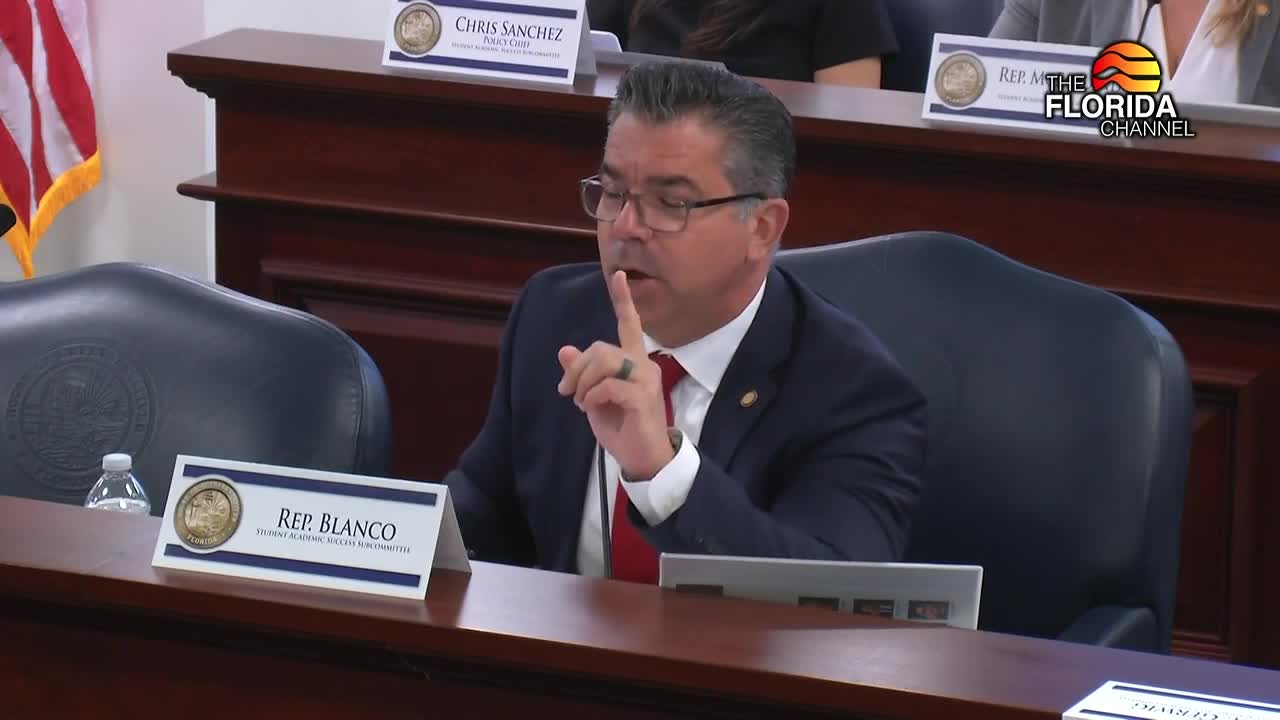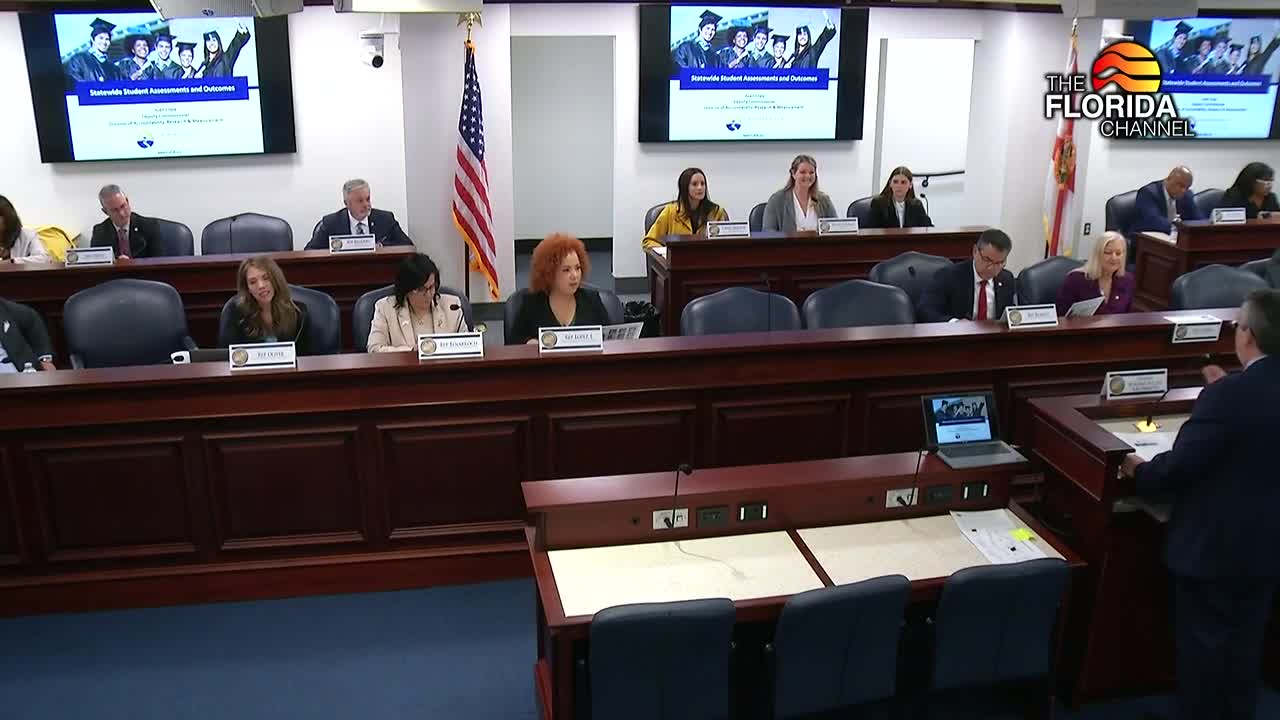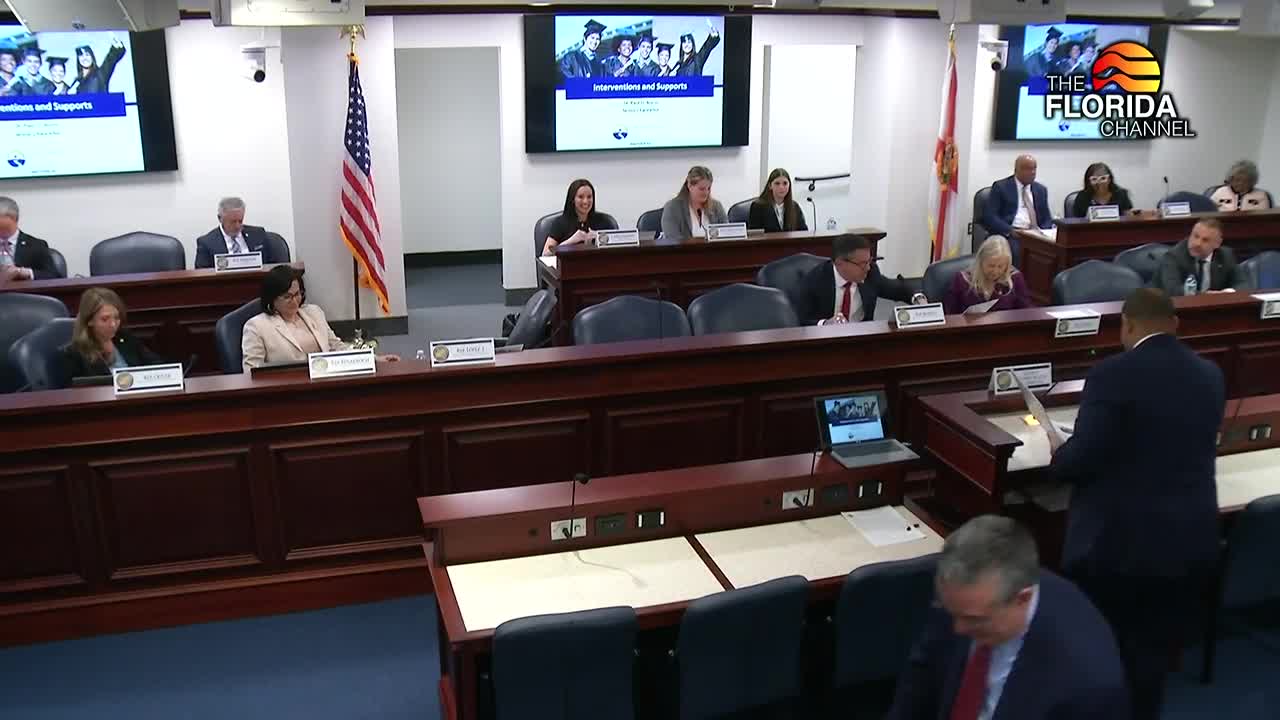Article not found
This article is no longer available. But don't worry—we've gathered other articles that discuss the same topic.

Lawmakers press DOE on FAST implementation, vendor ownership, duplicate local tests and teacher capacity

Florida reports gains under new progress-monitoring assessment system, but national NAEP results prompt questions

